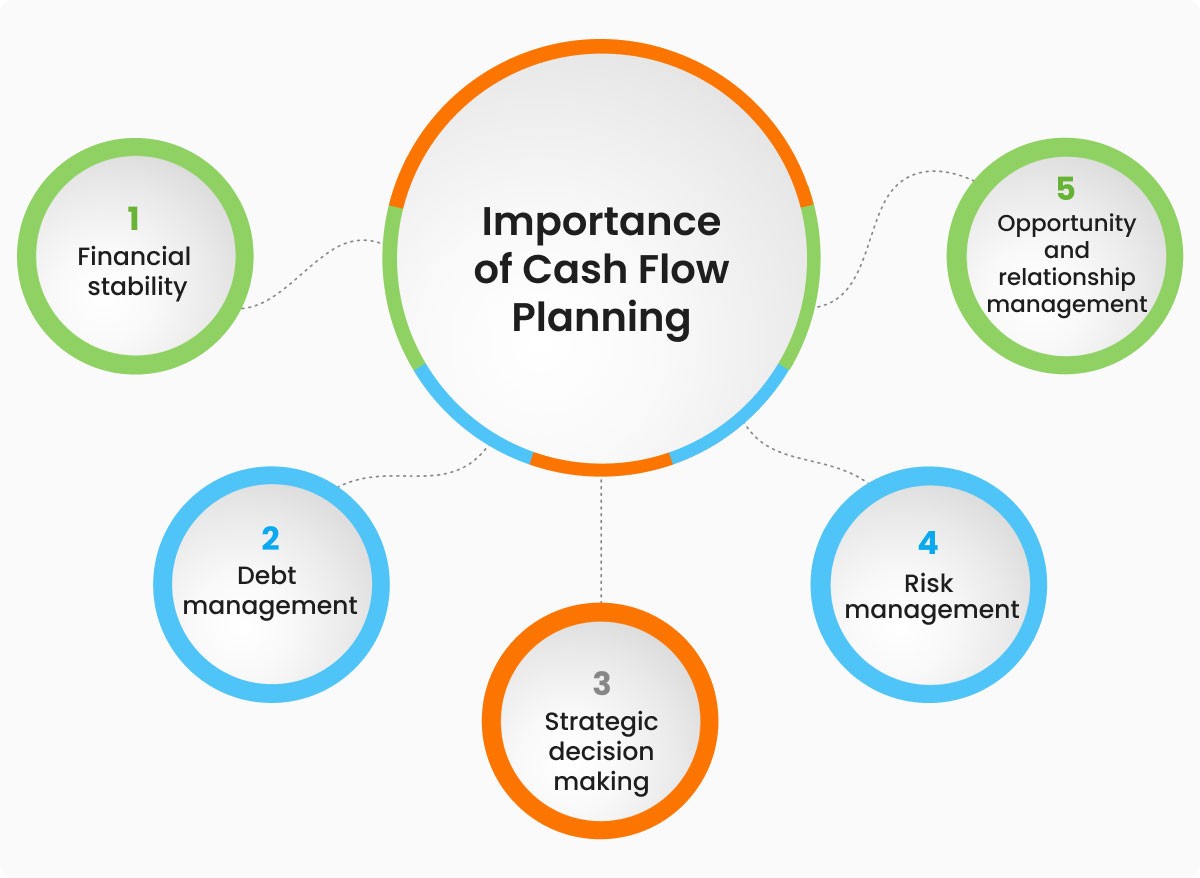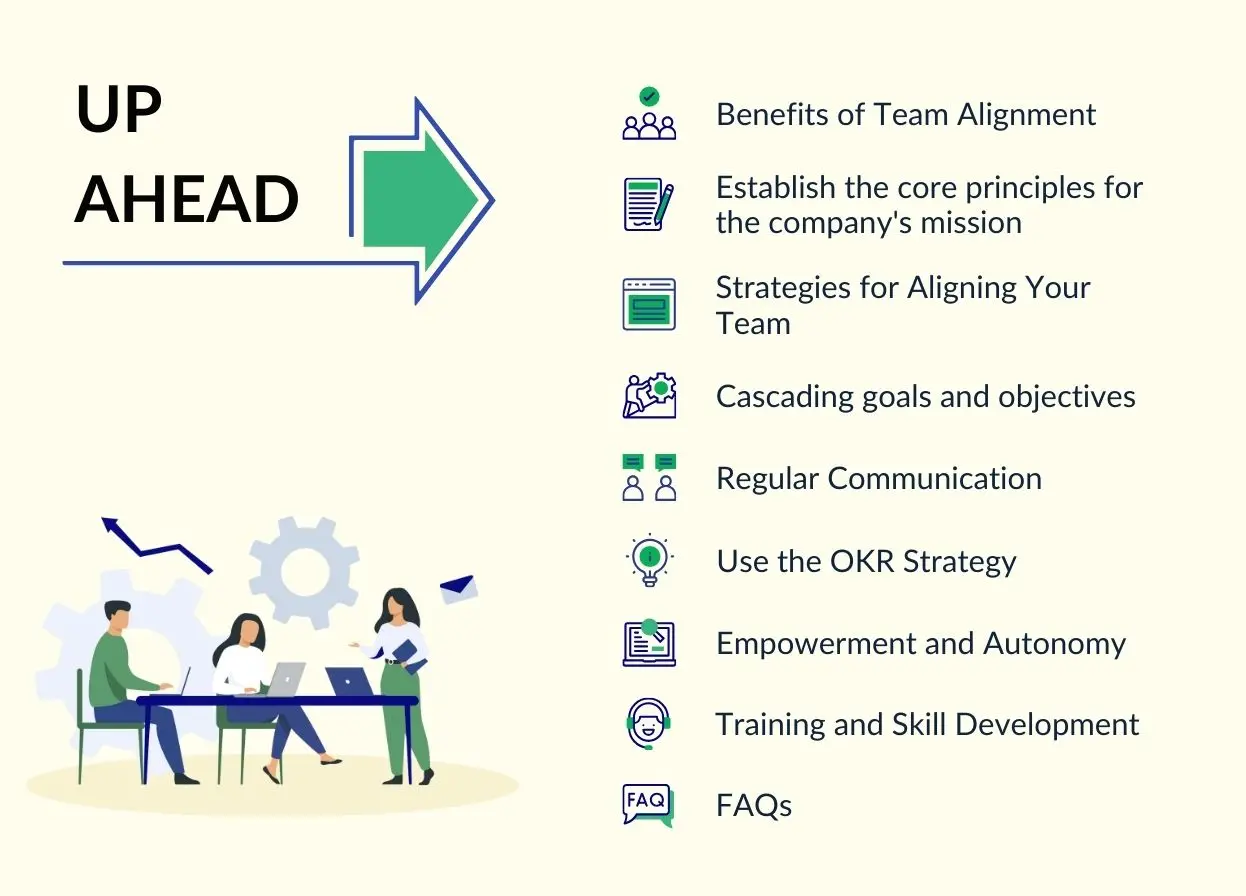Cash flow is the lifeblood of any construction business. Between fluctuating project timelines, material costs, and subcontractor payments, keeping finances in order can be one of the industry’s biggest challenges. Yet, with the right financial planning, construction companies can not only stabilise their cash flow but also unlock opportunities for growth and reinvestment.
The Financial Pressure in Construction
The construction industry operates on tight margins, with delayed payments and unexpected expenses often putting pressure on small and medium-sized firms. Late payments from clients, equipment breakdowns, and seasonal downtime can create gaps in working capital. This is why strategic financial management—knowing when and where to allocate funds—becomes essential for sustainability.
To navigate these pressures, it’s important for businesses to forecast income and expenses, maintain strong relationships with accountants familiar with the construction sector, and leverage digital tools for bookkeeping and project tracking. Cloud-based financial software can offer real-time visibility into costs, invoices, and profitability, ensuring decision-makers have the right data to act swiftly.
Reducing Tax Burden and Improving Liquidity
One of the key aspects of effective financial planning in construction is understanding how to optimise your tax position. Many contractors and subcontractors are eligible for CIS Tax Rebates, which can return significant sums to their business accounts each year. This process ensures that overpaid tax through the Construction Industry Scheme is reclaimed efficiently, freeing up funds that can be reinvested into equipment, staff training, or business development.
By working with a qualified accountant or financial advisor, construction professionals can ensure that their claims are accurate, compliant, and maximised. It’s also an excellent opportunity to assess other areas of tax efficiency, such as allowable expenses and capital allowances.
Leveraging Technology for Better Budgeting
Digital transformation is reshaping how construction firms manage their finances. From mobile invoicing apps to AI-driven project management software, there’s now a suite of tools designed to reduce administrative burden and improve accuracy.
Smart budgeting tools can automatically categorise transactions, track spending patterns, and alert managers to potential overspending before it becomes a problem. Integration with payroll and tax systems also ensures that deductions and payments remain consistent, avoiding costly penalties or missed opportunities for savings.
Building a Long-Term Strategy
Good financial planning goes beyond tax returns and budgeting—it’s about creating a sustainable roadmap for future success. This means assessing project profitability, identifying high-value clients, and managing debts effectively. For construction businesses looking to scale, maintaining a reserve fund and reinvesting profits strategically can help reduce reliance on loans or credit facilities.
It’s also wise to regularly review insurance policies, equipment leases, and supplier contracts to ensure you’re getting the best value. Small adjustments, such as negotiating bulk discounts on materials or adjusting contract terms, can have a substantial impact on profitability.
The Role of Professional Advice
Financial regulations and tax laws are constantly evolving. Partnering with professionals who understand the construction industry’s unique challenges ensures your business remains compliant while taking advantage of every available benefit. Accountants can help structure payments, manage payroll obligations, and provide strategic advice that strengthens financial health over time.
Regular financial reviews, ideally conducted quarterly, can uncover inefficiencies and opportunities for growth. The more frequently you review your numbers, the quicker you can adapt to changes in costs, client behaviour, or market demand.
Future-Proofing Construction Finances
Looking ahead, the construction sector is expected to continue its growth trajectory, driven by infrastructure investment and housing demand. However, economic volatility, labour shortages, and rising material costs will keep financial management a top priority.
By combining proactive planning, digital efficiency, and informed tax strategy, construction companies can safeguard their cash flow and position themselves for sustained success. The key is to treat financial management not as a reactive necessity but as a proactive tool for business growth.





